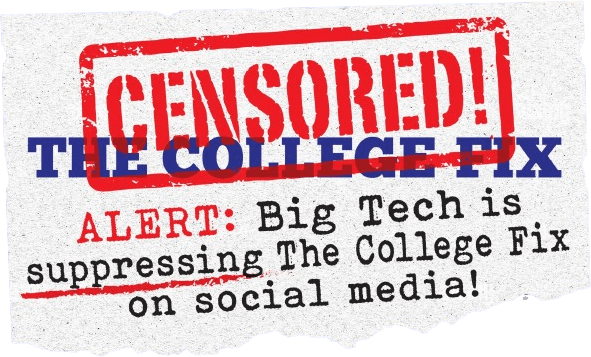The movement to incorporate social justice into the field of engineering started during the Vietnam War and continues to grow, writer Ben Cohen explains at The James G. Martin Center for Academic Renewal.
Left-wing engineers founded the Committee for Social Responsibility in Engineering in the 1960’s, which “focused on convincing individual engineers to support their goals, for example, by not working on military projects” and also “made attempts to unionize the profession and encouraged ‘solidarity’ with other workers,” he writes.
The ideals of this committee have begun to seep into other organizations as well, Cohen writes. For example, the American Society for Engineering Education has also begun to feature more social justice advocates as speakers at their conferences. Two such advocates, Donna Riley and Yanna Lambrinidou, presented a co-written paper suggesting that “engineers make social justice the foundation for their ethical code.”
“While the duo reject giving a precise definition for social justice, they offer a set of ‘canons’ as an example of what an ethical code embodying social justice would look like,” Cohen writes:
Some of their proposed canons are vague and innocuous, for example, “engineers treat each person in a caring and respectful fashion.” However, other canons sound more political, such as, “engineers shall act to resist hegemonic power and systems of oppression,” or, “engineers shall demonstrate competence in the provision of sociotechnological services that are sensitive to dynamics of difference, power, and privilege among people and cultural groups.”
They also expressed a suspicion of capitalism, telling engineers to focus on creating social good, not making money.
“The implication hinted at here is that private sector engineers may not be benefiting humanity as much as they could,” Cohen writes. “Of course, that interpretation is superficial at best. It fails to consider the many ways that private sector engineers have benefited humanity. The home washing machine freed people from untold hours of grueling domestic labor, and private sector engineers invented it and profited financially from doing so.”
Cohen doesn’t see this emphasis on social justice ceasing anytime soon.
“Left-wing engineers have a strong tradition of activism; they spent the last fifty years building a movement. On an individual level, they have also been very active within their professional organizations,” he writes.
“The future of engineering depends on whether the profession chooses to embrace a broad concept of the good, or they choose to embrace a narrow one that excludes those not on the political left.”

